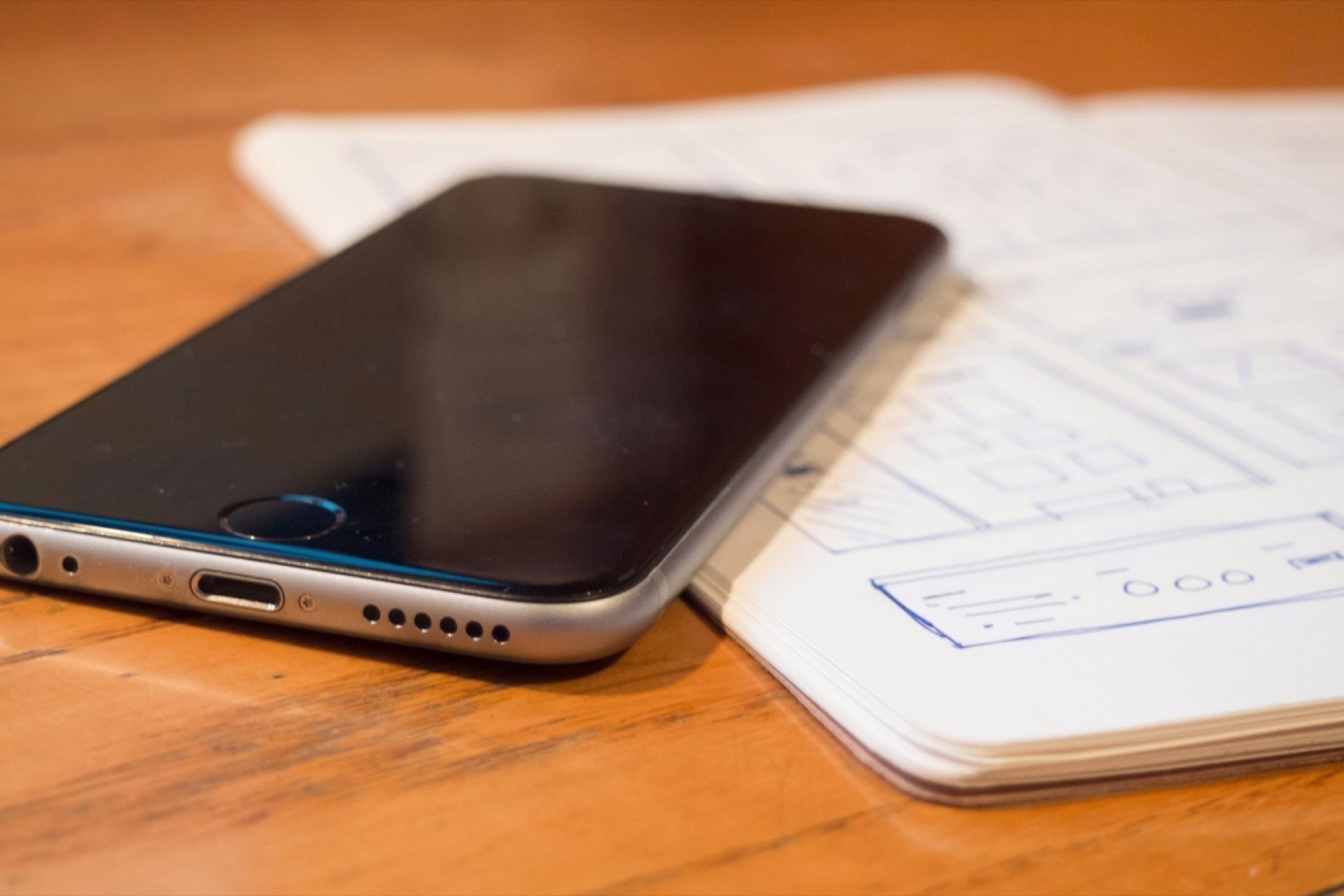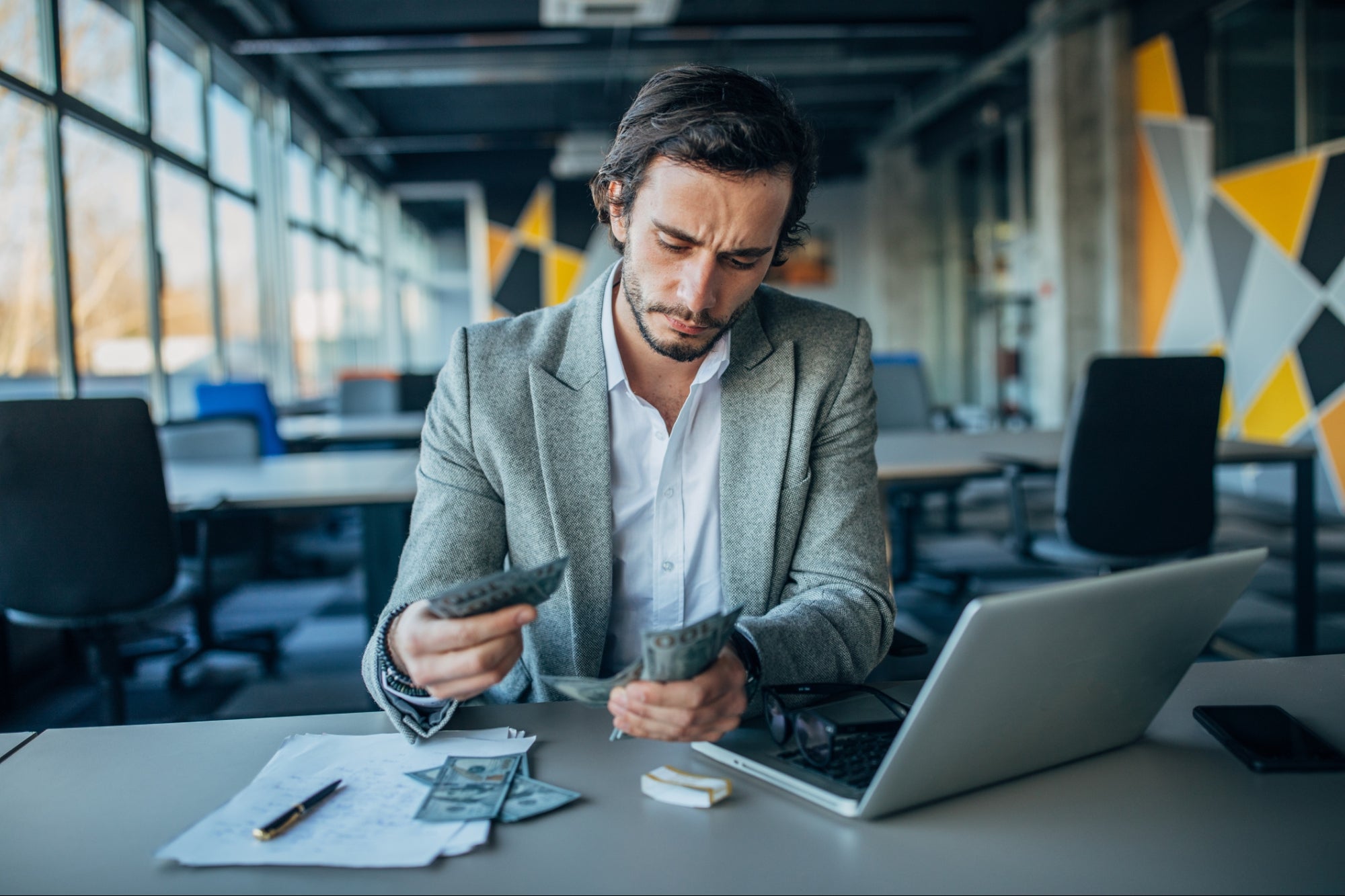How the FBI Might Unlock That iPhone Without Apple's Help The FBI is going to test out the technique over the next two weeks and will report back to the court hearing the case.
This story originally appeared on Fortune Magazine

The FBI vs. Apple case went into stall mode Monday as the FBI revealed it may have found a way to get into the San Bernardino shooter's iPhone without Apple's help.
The government said an "outside party" might be able to help unlock Syed Rizwan Farook's phone. It's a move California congressman and former electronics boss Rep. Darrell Issa (R-Calif.) has been pressing for in hearings on Capitol Hill.
The FBI is going to test out the technique over the next two weeks and will report back to the court. Now experts are taking their best guesses at how the FBI might crack the phone's code.
Here are a few ideas:
Digital forensics researcher and iPhone expert Jonathan Zdziarski says the FBI might be making copies of the phone's memory chip using a technique called NAND mirroring. That way, the agency can go through as many failed password attempts as it needs to unlock the phone without ever triggering a data wipe.
"This technique is kind of like cheating at Super Mario Bros. with a save-game, allowing you to play the same level over and over after you keep dying," Zdziarski writes. "Only instead of playing a game, they're trying different pin combinations."
Another possibility, Zdziarski says, might block the phone's system that counts failed passcode attempts.
A third option for unlocking the phone's passcode could be physically removing the casing on the iPhone's processor chip using acid or lasers, as The Associated Press reports. Then officials could pull the phone's password off the chip with probes.
The FBI says the agency will need about two weeks to figure out if its mysterious technique works. If it's successful, it might then be forced to reveal the iPhone's security glitch to Apple, as Bloomberg reports.
Though the potential work-around would nix the current Apple vs. FBI court case in California, many are already pointing out that since Farook's iPhone is an older 5c model, another contentious case, with a newer and more secure phone, could be just around the corner.









